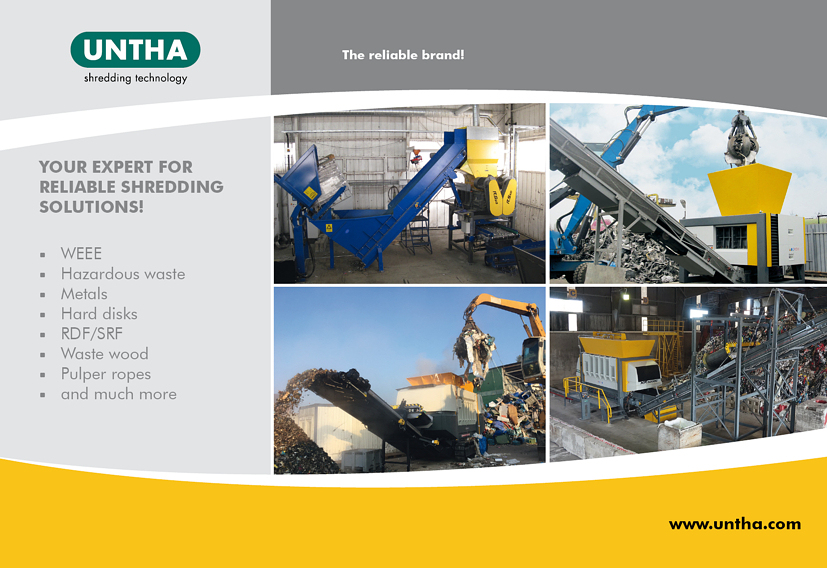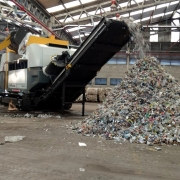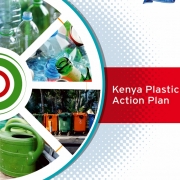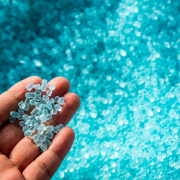SABIC Realizes Certified Circular Polymers
The chemical company is using feedstock made from mixed plastic waste to produce certified circular polymers at its Geleen production site in The Netherlands.
SABIC (Saudi Basic Industries Corporation) – a global leader in the chemical industry – is to highlight its initiative for the production of certified circular polymers at Europe’s leading plastics exhibition in October this year, K 2019. The manufacturer launched its project in 2018 with the goal of driving a value chain transformation from a linear economy to a circular economy for plastics.
According to the information, the certified circular polymers are being produced using a pyrolysis oil feedstock from the recycling of mixed plastic waste. As part of the intended project, SABIC is now introducing this alternative feedstock into its production site at Geleen, located in industry park Chemelot, in The Netherlands. The resultant certified circular polymers are to be supplied to branding leading customers – Unilever, Tupperware Brands, Vinventions and Walki Group – to use in the development of pioneering, high quality and safe consumer goods or packaging for food, beverage and personal care products.
As reported, the introduction of SABIC’s certified circular polymers aims to transform the value chain, where the company, its upstream suppliers and downstream customers work in tandem to upcycle mixed plastic waste back to the original polymer for high-quality applications. While recycling by mechanical methods contributes to circularity, the rates at which it can economically recycle plastic packaging waste are limited. “SABIC’s certified circular polymer process, however, enables the creation of brand-new polymers, offering a real alternative to mechanical methods and closing the recycling ‘loop’,” a press release said. The polymers are certified through the International Sustainability and Carbon Certification plus (ISCC+) scheme that certifies renewable content and standards across the value chain from source to end product the provider of polymers pointed out. The ISCC+ certification would work on what is known as a “mass balance system”, meaning that for each ton of renewable feedstock fed into the cracker, a proportion of the output could be claimed as renewable. “SABIC intends to build a semi-commercial plant specifically to refine and upgrade pyrolysis oil feedstock, with the plant anticipated to enter commercial production in 2021,” the company, which is headquartered in Saudi Arabia, underlined.
(GR 32019, Page 19)










